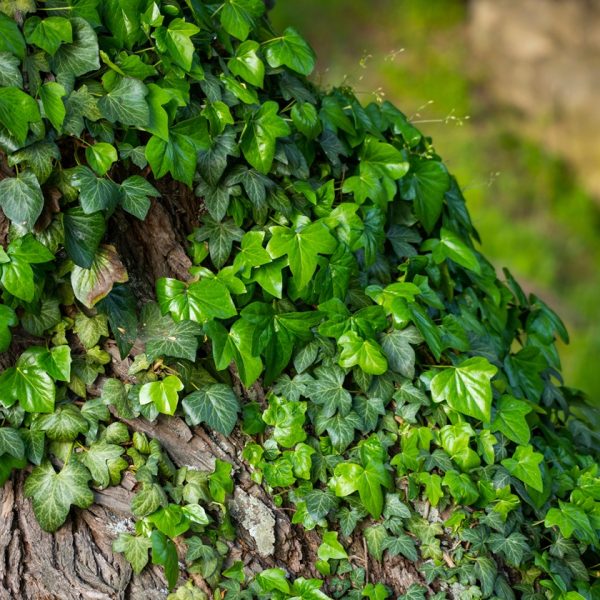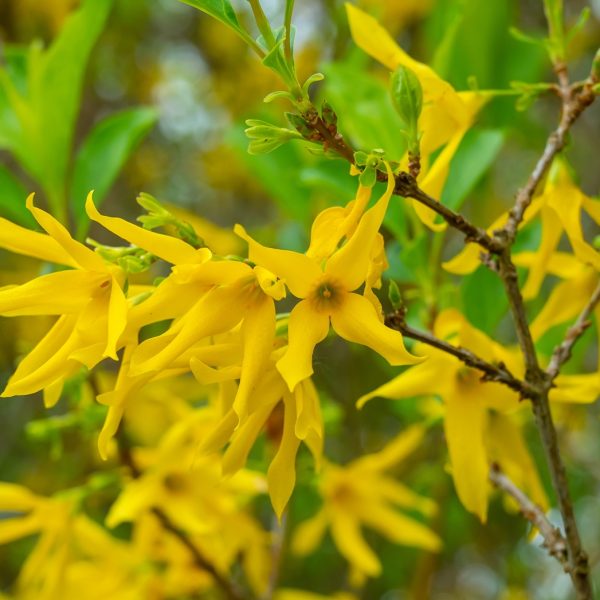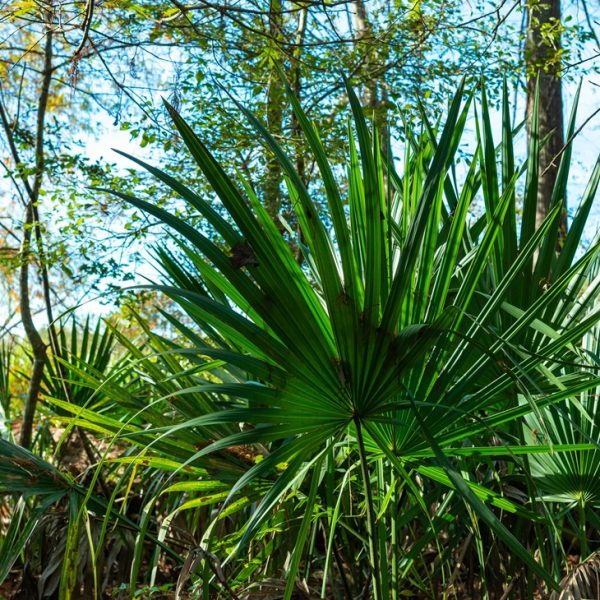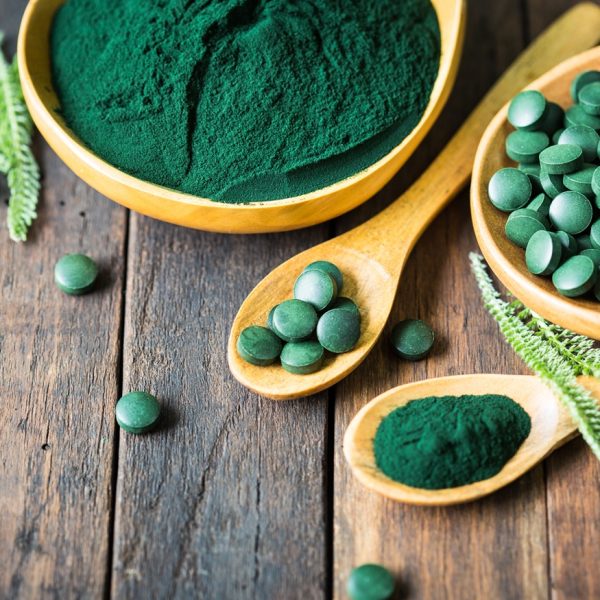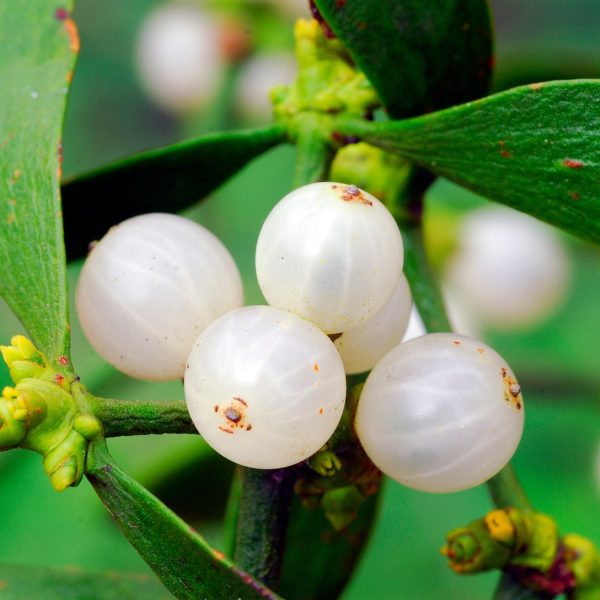Low blood pressure is also known as hypotension. We explore the root causes, symptoms and herbal treatment methods for low blood pressure.
Understanding low blood pressure

Low blood pressure, also known as hypotension, refers to a sustained blood pressure reading of below 90/60mmHg. This means that if blood pressure was taken at different times, it would be consistently low. This is important as there are many factors that can influence low blood pressure, including the time-of-day blood pressure measurements are taken.
For some people, low blood pressure is just the norm for them, it may be a sign of fitness and health, however, if symptoms of low blood pressure develop it may need investigation.
Low blood pressure can arise with age, and older adults are at a higher risk of being affected by the symptoms of low blood pressure, such as falling, fainting, or dizziness upon standing up or after a meal (1). These symptoms may also have greater consequences, such as bone fractures, in older populations.
Within normal ranges of blood pressure (90/60–139/89), healthy people who have blood pressure at the lower end of this range, seem to live longer than those with blood pressure at the higher end (2). However, despite not being as prolific, nor as much of a health concern as high blood pressure, low blood pressure can have repercussions for health, or in some cases be an indicator of an underlying condition. A sudden drop in blood pressure to a very low reading is known as ‘shock’ and can be compromising for vital organs (see more in understanding the root section).
How does low blood pressure work?
Blood pressure is a measurement used to detect the resistance in the arteries to blood being pumped from the heart around the body. Arteries are part of the network of blood vessels, these transport blood away from the heart towards the organs and rest of the body.

There are two numbers in blood pressure measurements, as follows:
Systolic pressure
The amount of force with which the heart pumps blood around your body, measuring the amount of pressure in the arteries as the blood is pumped into them from the heart. This is the first and higher number in the reading.
Diastolic pressure
The resistance in the arteries to the blood flow when the heart is resting, between beats. This is the second and lower number of the reading.
The standard ‘ideal’ blood pressure reading is 120/80mmHg, with normal ranges being anything from 90/60mmHg to 139/89mmHg. It is important to note, ‘normal’ is different for everyone and varies for individuals both throughout the day and their lifetime, as well as for numerous other reasons. Low blood pressure is defined as a reading of 90/60mmHg or below.
Influences that affect blood pressure
There are various mechanisms in place which help to maintain the blood pressure, including the sodium-potassium pump across the cell membrane of cardiac cells. The autonomic nervous system has an impact on blood pressure, and when it fluctuates between parasympathetic and sympathetic this can influence changes in blood pressure. The renin-angiotensin-aldosterone system regulates blood volume, and therefore also impacts on blood pressure.
Dilation in arterioles (small arteries) can cause low blood pressure. This can be influenced by:
- Nerve stimulation to contract or relax smooth muscle in arterioles (2)
- Renin-angiotensin-aldosterone system: renin (produced in the kidneys) can increase vasoconstriction (tightening of blood vessels). Renin production is influenced by fluid volume, and sodium intake (3), so low renin, fluid, or sodium, can influence the dilation of blood vessels.
- Some medications
Changes in cardiac output can also influence blood pressure. Lower cardiac output can mean lower blood pressure. This can be affected by:
- The heart rate
- Strength of heart contractions during each beat
- Venous return (how much blood is returning to the heart from the veins)
- The pressure in the arteries
- The function of heart valves to allow release from and return of blood to the heart

Changes in blood volume can influence blood pressure, greater blood volume can result in higher blood pressure, due to increased pressure on arteries (if they do not dilate to accommodate for this). Blood volume can be influenced by:
- Hydration levels: being dehydrated can affect blood volumes, causing it to reduce, and therefore causing lower blood pressure.
- Permeability of arterioles: this can be affected by damage to the inner wall of arterioles, or low blood protein levels can cause blood leakages.
- The kidney’s activity in removing fluids for excretion.
- Medications such as diuretics which increase the amount of fluid removed from body and excreted by kidneys as urine.
Body position can influence blood pressure. When sitting or laying down it is easier for the body to maintain blood pressure due to less effort required to return blood to the heart. There is a specific type of low blood pressure known as orthostatic (postural) hypotension, which is defined as an excessive drop in blood pressure when an upright position is assumed — for example, moving from sitting to standing. The symptoms of this can include faintness, light-headedness, dizziness, confusion, or blurred vision, and usually resolve rapidly on lying down. Orthostatic hypotension is not a specific disorder but is usually a manifestation of abnormal blood pressure regulation due to various conditions.
Orthostatic hypotension can be acute (sudden and short-term), or chronic (continuous over a period of time). The usual causes are as follows (2):
Causes of acute low blood pressure
- Hypovolemia: A reduction in extracellular body fluid volume, occurring due to loss of total body sodium. Causes can be vomiting, diarrhoea, excessive sweating.
- Drugs/medications (such as diuretics)
- Prolonged bed rest
Causes of chronic low blood pressure
- Age-related blood-pressure regulation changes
- Drugs/medications (such as diuretics)
- Autonomic dysfunction
Postprandial orthostatic hypotension
Postprandial orthostatic hypotension is another type of low blood pressure, which is common and refers to its onset following food. This may be caused by insulin responses to high carbohydrate intake, blood being sent to the digestive tract for digestive processes, and can worsen with alcohol intake.
Shock
Shock is a sudden drop in blood pressure, which can be caused by many factors such as low blood volume, inadequate pumping of the heart, excessive dilation of arteries. This is where the blood pressure drops so low that it may compromise the blood supply to organs, which if not quickly restored can result in permanent damage to cells in those organs due to lack of oxygen. Medical attention is required.
Understanding the root

Causes of low blood pressure (1,3,4)
- Blood pressure can vary depending on the time of day.
- What you’re doing and how you’re feeling can affect blood pressure, including stress.
- Pregnancy
- Dehydration
- Diabetes
- Blood loss from an injury that causes a sudden drop in blood volume and consequently pressure
- Heart problems, such as arrhythmias (irregular heartbeat), valve disorders, tachycardia (fast heartbeat), bradycardia (slow heartbeat)
- Medications to treat high blood pressure, depression, or Parkinson’s disease
- Medications, such as diuretics
- Older people are more likely to develop low blood pressure, especially as a side effect of medications taken to lower high blood pressure.
- Parkinson’s disease: can cause low blood pressure, making it important in cases of chronic low blood pressure to check for neurological abnormalities, which are a red flag with low blood pressure.
- Occult blood loss in stools may signify an underlying condition and unexplained blood loss causing low blood pressure, in chronic cases of low blood pressure always check for this red flag.
Older adults are more likely to develop low blood pressure as a side effect of medicines taken to control high blood pressure (1) and are also more prone to the symptoms of low blood pressure including light-headedness, dizziness, fainting on standing.
Signs and symptoms
Symptoms of low blood pressure (1,4):
- Light-headedness or dizziness
- Nausea
- Blurred vision
- Confusion
- Fainting
- Confusion
- Feeling tired or weak
- Headache
- Neck or back pain
- Heart palpitations, or feelings that your heart is skipping a beat, fluttering, or beating too hard or too fast
Herbal solutions
In the case of low blood pressure due to another specific condition such as heart abnormalities, Parkinson’s disease, or diabetes, these would be taken into consideration in treatment plans. Here, we will discuss how to generally holistically support people with low blood pressure.
The holistic approach may, depending on each individual presentation, include:
- Adaptogenic support: To increase resilience to stress and balance autonomic nervous system function
- Adrenal tonics: To support the work of adrenal glands and their role in blood pressure regulation
- Circulatory support: Both to improve tone and integrity of network of blood vessels and circulatory stimulants to ensure sufficient blood is being delivered to organs
- Cardiovascular tonics: To provide support for the heart in working efficiently
Licorice

Licorice is the best-known herb for its potential to raise blood pressure, and so can be a helpful aid in cases of low blood pressure. Herbal practitioners suggest that people with orthostatic hypotension may respond well to licorice, perhaps due to its ability to improve blood volume, potassium levels, and reduce activation of baroreceptors — cells involved in blood pressure regulation by providing feedback to the autonomic nervous system, which results in changes in peripheral resistance and cardiac output.
Licorice is known to herbalists as an adrenal tonic and is often given when the adrenal glands are in need of support, which can be due to prolonged or excessive stress. It is thought that licorice may bring blood pressure up to normal levels in people who are experiencing low blood pressure due to adrenal insufficiency (5), perhaps due to this tonifying effect on the adrenal glands.
Rehmannia
Rehmannia can increase overall resilience and vigour. It is an adaptogenic herb, and so helps to improve resilience to stressors, and balance the body’s stress response systems. It is also considered to be an adrenal tonic, helping to provide support for the tissues and function of the adrenal glands, involved in stress responses. These qualities mean that Rehmannia may be helpful for people who are experiencing low blood pressure with feelings of low energy, general weakness, and whose adrenal glands may be in need of support.
Ginkgo
Ginkgo is a relatively new plant in the Western herbal medicine chest, and the concentrated extract is reputed to increase blood flow, tissue oxygenation and tissue nutrition (6). It is indicated specifically in shock and may be helpful in ameliorating potential symptoms of chronic low blood pressure, such as dizziness and headaches, and for reducing the potential impact of chronic low blood pressure on tissues.
Most of the studies on ginkgo highlighting its benefits on circulation have worked with a specific strong 50:1 extract of the leaf, called EGb761 (7). It is therefore worth noting that the implication of these trials may only be applicable to this particular extract. It is also necessary to note that although the strong extract of ginkgo has the potential to aid tissue perfusion with oxygen and nutrients, it also contains constituents which are found to have a hypotensive effect (lower blood pressure) (8), and so in cases of low blood pressure it would be necessary to take care with dosage, which would be best done under the guidance of a herbal practitioner.

Hawthorn
Hawthorn is considered a herb associated both energetically and physically with the heart and cardiovascular system. Although it is generally thought of as a helper for lowering high blood pressure, its effects on blood pressure can be amphoteric, meaning it helps to re-establish balance, bringing blood pressure back into a healthy range, rather than only lowering it.
In the case of low blood pressure, hawthorn’s cardioprotective properties can be helpful in addressing arrythmias, encouraging efficiency of the heart muscle and stability of the heartbeat.
Ginseng
Ginseng is a herb renowned for its ability to raise energy levels and vitality, which also acts as a cardiotonic (9). Its adaptogenic properties mean that it helps to regulate stress responses, and so can re-establish balance in the autonomic nervous system. Ginseng is a particularly beneficial tonic for the elderly, and so may be of assistance for elders experiencing low blood pressure and depleted energy levels, especially when there may be a background of autonomic imbalances or stress.
Horse chestnut
Horse chestnut is a wonderful venous tonic, helping to improve the tone and function of the veins. This can be helpful when low blood pressure is present with signs of venous insufficiency, which may be influencing the return of blood to the heart and therefore impacting cardiac output. Signs that there is venous insufficiency may include varicose veins, a feeling of heaviness in the legs, or tendency to leg ulcers.
Holistic solutions

Recommended management (4)
- Get up slowly from sitting to standing
- Take care when getting out of bed — move slowly from lying to sitting to standing
- Eat small, frequent meals — lying down or sitting still for a while after eating may help
- Stay well hydrated
- If taking medication known to affect blood pressure, make a GP appointment for a medication review
If possible, avoid:
- Sitting or standing for long periods
- Sudden changes in posture such as bending over and then standing up quickly
- Drinking too much alcohol, as this can exacerbate some types of low blood pressure
References
- Low Blood Pressure. National Heart, Lung, and Blood Institute. https://www.nhlbi.nih.gov/health/low-blood-pressure. Accessed May 13, 2024.
- Low Blood Pressure. MSD Manual Consumer Version. https://www.msdmanuals.com/home/heart-and-blood-vessel-disorders/low-blood-pressure-and-shock/low-blood-pressure. Accessed May 13, 2024.
- Hypertension. MSD Manual Professional Version. https://www.msdmanuals.com/professional/cardiovascular-disorders/hypertension/hypertension#Diagnosis_v932218. Accessed May 8, 2024.
- Low Blood Pressure (hypotention). NHS. https://www.nhs.uk/conditions/low-blood-pressure-hypotension/. Accessed May 13, 2024.
- Stansbury J, Saunders P, Winston D, Zampieron ER. Treating Adrenal Insufficiency and Hypotension with Glycyrrhiza. Journal of Restorative Medicine: 2012;1:102.
- Bone K, Mills S. Principles And Practice Of Phytotherapy. China: Churchill Livingstone Elsevier; 2000.
- Gieza A, Maier P, Pöppel E. Effects of Ginkgo biloba on mental functioning in healthy volunteers. Arch Med Res. 2003:34(5):373-381.
- Biernacka P, Adamska I, Felisiak K. The Potential of Ginkgo biloba as a Source of Biologically Active Compounds-A Review of the Recent Literature and Patents. Molecules. 2023;28(10):3993. Published 2023 May 9. doi:10.3390/molecules28103993.
- Bone, K, The Ultimate Herbal Compendium. Warwick, Queensland: Phytotherapy Press; 2007.

